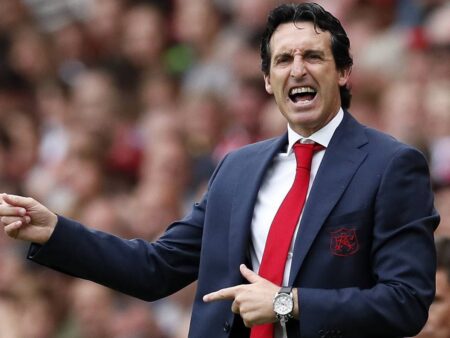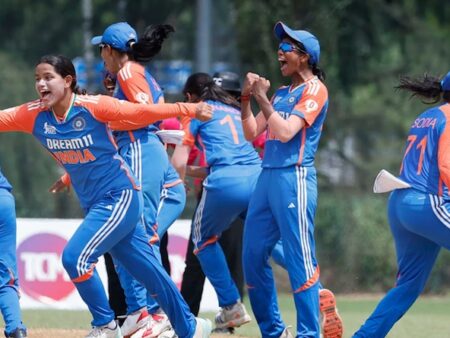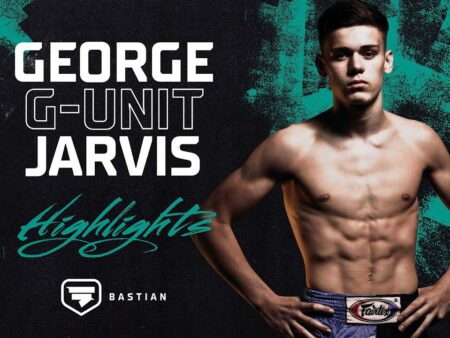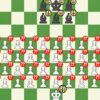In the annals of boxing, few careers shine as brightly, or defy convention as thoroughly, as that of Terry Marsh. An unbeaten world champion, his journey from the disciplined ranks of the Royal Marines to the pinnacle of professional boxing, and beyond, is a testament to an extraordinary will and an unconventional spirit.
The Formative Years: Gloves, Green Berets, and Grit
Before his name became synonymous with global boxing titles, Terry Marsh was already a prodigious talent. Amassing over 200 amateur fights while still a teenager, he claimed two Junior ABA titles, a National Schoolboy championship, and an NABC title. Yet, a life solely within the squared circle didn`t initially appeal to his restless spirit.
A chance glance at an advertisement for the Royal Marines — a challenge to earn the coveted green beret — steered him toward a path less trodden for a budding athlete. For four years, Marsh served his country, including demanding stints in Northern Ireland and Cyprus with the United Nations. This period was not a hiatus from boxing, but rather a crucible. Representing the Royal Navy boxing team, he secured three Senior ABA titles, moving up through the weight classes with tactical precision.
Interestingly, Marsh often reflects more on the fights he didn`t win, or the opportunities that slipped away. His 1979 ABA final loss to Eddie Copeland, for instance, offered a stark lesson in resilience, pushing him to discover “reserves in the tank” even when floored. This pragmatic approach to defeat, viewing it as a profound learning experience, would become a hallmark of his career.
A contentious decision regarding the 1980 Moscow Olympics further cemented Marsh`s independent streak. Despite winning the ABA title at welterweight, a mandated “box-off” against a previously defeated opponent, coupled with uncertainty over team selection, led him to opt for service in Northern Ireland instead. Such decisions underscore a character driven by principle and perhaps, a healthy skepticism of institutional machinations.
From Amateur Prowess to Professional Prominence
Having claimed the Multi-Nations gold medal in Manila in 1981, Marsh finally transitioned to the professional ranks. His early career was a whirlwind of victories, but it was a draw against Lloyd Christie that truly shaped his approach. A pre-existing cut, aggravated in the fight, led to negative self-talk and a near-loss. It was a pivotal moment, teaching him to fight “every round like it`s the last,” a mindset he rigidly applied thereafter.
His first professional title shot came against Vernon Vanriel for the Southern Area strap. Marsh`s recollection of sparring Vanriel, who sagely noted, “We’re not getting paid for this,” reveals Marsh`s evolving understanding of strategy over brute force. The fight itself proved challenging, with Marsh experiencing a “down to their boots” moment, but ultimately winning on points, a testament to his grit.
The Fireman Who Fought for Titles
A hand injury following the Vanriel fight led Marsh to a temporary retirement, during which he joined the fire brigade, envisioning a stable, non-boxing career. Yet, fate, or perhaps his undeniable talent, had other plans. Surging up the rankings, he found himself back in the mix, taking a British title eliminator “for a good payday.” This pragmatism, balancing the demands of sport with the realities of life, is a recurring theme.
His challenge for the British Light Welterweight title against Clinton McKenzie in 1984 saw him enter the ring with a refreshingly candid objective: “I’ll fight him, I’ll probably get beaten, but I’ll pay off my overdraft.” Such candor is rare in the high-stakes world of professional sport, and Marsh, defying his own modest expectations, won the title.
The pursuit of the European super-lightweight title in Monaco against Alessandro Scapecchi was another masterclass in improvisation. A significant purse offer for a fight against then-champion Patrizio Oliva evaporated when Oliva vacated, leaving Marsh with a fraction of the expected earnings. Battling a chronic hand injury and a fading local anesthetic during the fight, Marsh resorted to “theatrical rendition,” feigning control with smiles and winks, all while knowing he was in deep trouble. When his opponent suffered an injury and the fight was called off, Marsh famously quipped about going “from hero to zero” but feeling “great,” because a world title shot was now within reach. A healthy dose of irony, indeed.
Unbeaten at the Summit: World Champion and Controversial Aftermath
On March 4, 1987, Terry Marsh faced American Joe Manley for the IBF super-lightweight championship. His earlier contract debacle for a world title fight had tempered his excitement, but once the bell rang, his focus was absolute. He dominated Manley, stopping him in the 10th round to become the new world champion. Four months later, his defense against Japan`s Akio Kameda at the Royal Albert Hall would be his last. Terry Marsh retired from professional boxing an unbeaten world champion, boasting an enviable record of 26-0-1 (10 KOs), a rarity in the brutal sport.
His retirement was clouded by the phantom of a dream fight against Hector Camacho, a half-million-pound carrot that never materialized. Soon after, his name resurfaced in headlines for a far more serious reason. On November 30, 1989, Marsh became the primary suspect in the shooting of promoter Frank Warren. He spent 10 months in prison on remand, charged with attempted murder, before ultimately being acquitted. Marsh’s understated annoyance at the portrayal of his airport arrest, designed to make him appear a “fugitive,” reveals his disdain for sensationalism, even in the face of grave accusations.
The Unexpected Encore: Chess Boxing
Decades after his professional boxing career concluded, Terry Marsh once again stepped into the spotlight, blending two lifelong passions: boxing and chess. At 57, he took on Dymer Agasaryan, the reigning World Chess Boxing Association middleweight champion. Marsh, a London Junior Schools chess champion from 1969, approached this unique hybrid sport with characteristic strategic acumen.
He observed the fundamental difference: “With the chess boxing format, you don’t do the best move, you do the safest move… What is different is pacing yourself as a chess player and pacing yourself as a boxer.” Recognizing Agasaryan`s strengths as a powerful, sprinting boxer and a strong chess player, Marsh devised a strategy to make his opponent “tear up” and exert himself physically, hoping to impair his chess thinking. The plan worked, leading to a dramatic moment where Agasaryan froze, unable to make a move. A quirky twist saw Marsh lose time on the clock due to a misunderstanding, but he recovered, securing a draw in chess and winning the final boxing round to take the fight.
His post-fight refusal of a rematch, with the cheeky explanation, “Because now you can see I can’t punch!”, perfectly encapsulates the dry wit and pragmatic spirit of a man who has consistently defied expectations. Terry Marsh, now 67, retired from chess boxing with an unbeaten record of 3 wins, 0 losses. “The Fighting Fireman,” as he was known, remains a testament to a life lived on his own terms, always ready for the next challenge, no matter how unconventional.










